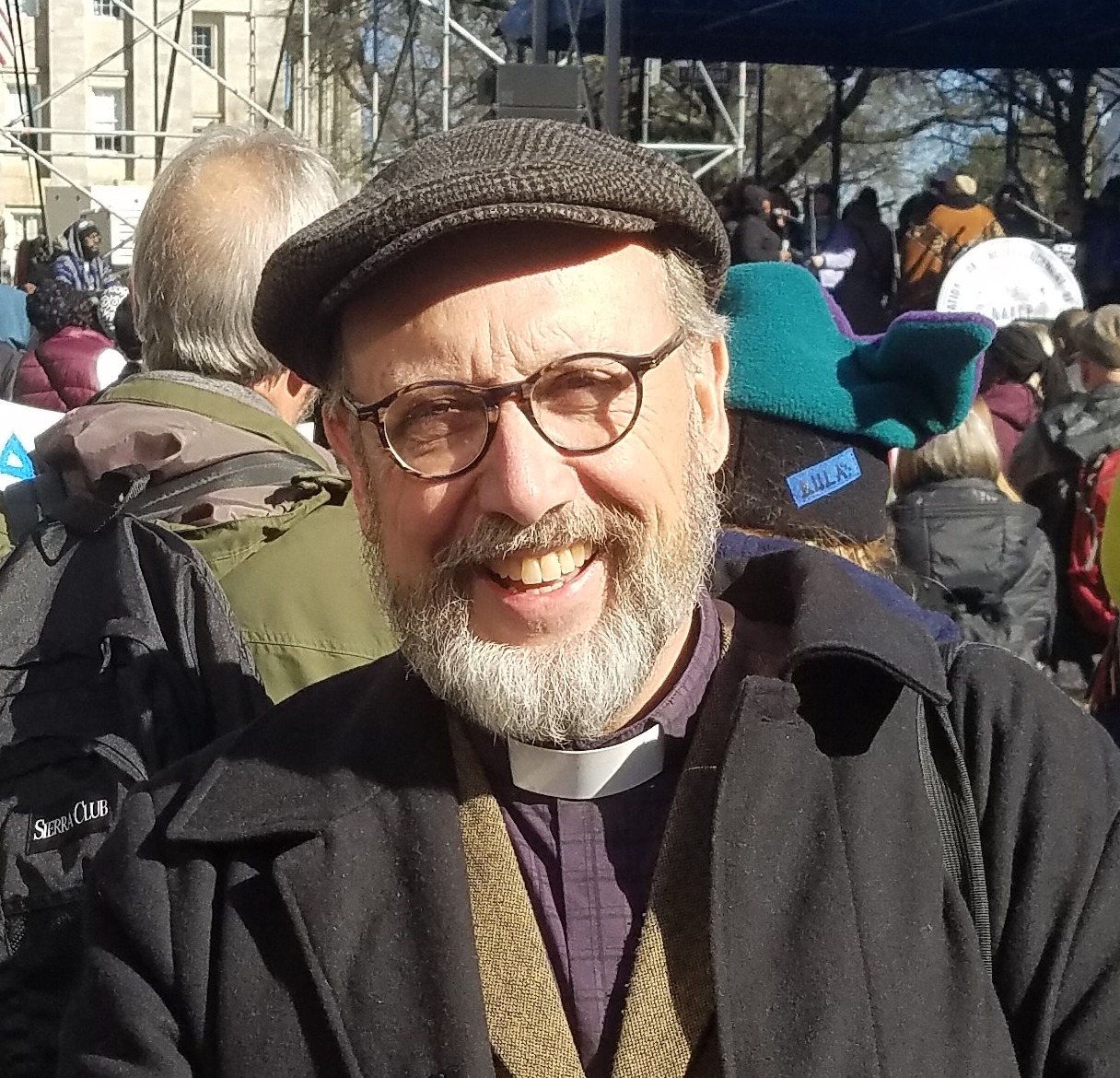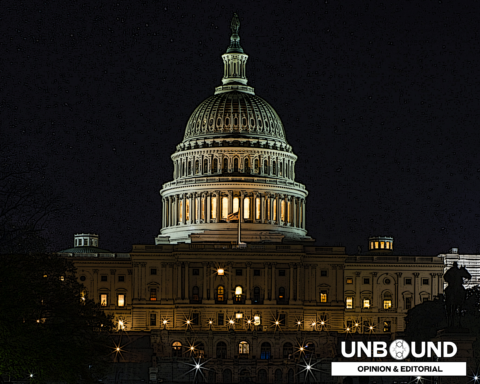In his December 12, 2018 article, New York Times Opinion Columnist Nicholas Kristof wrote about a single child, Abrar, who was 12 years old and weighed only 28 pounds. The starvation of this single child tells the story of the misery wrought by war. This horrific proxy war between Iranian-backed Houthis and US-backed Saudi Arabia is causing famine and displacement. Thousands have already died of starvation and 12 million Yemenis are on the brink of famine. Nearly 4 million Yemenis have been forced to flee their homes. Over 80% of the population is in dire need of humanitarian assistance.

Similarly, the still-grinding war in Syria has caused an estimated 500,000 deaths, over 6 million internally displaced souls, and over 5 million Syrian refugees. Military violence continues in Ukraine, Afghanistan, and Kashmir, and intra-state violence goes on in Libya, the Congo, Northern Nigeria with Boko Haram, and the list could be extended.
What makes this on-going warfare even worse is the pandemic, which is a misery multiplier. Even in countries less hard hit by COVID-19, the UN estimates that the world’s most vulnerable people, already reeling from poverty, hunger, and severe malnutrition, will be further devastated by the severe contractions of the interlocking global economy. Who can imagine compounding this suffering by heaping on the ravages of war? But there is hope.
On the 23rd of March, 2020 UN Secretary-General António Guterres called for a global ceasefire saying, “There should be only one fight in our world today, our shared battle against COVID-19.” As of this writing, the call has been endorsed by an ever-growing number of Member States, some 70 so far, regional partners, non-State actors, civil society networks and organizations, and all United Nations Messengers of Peace and Advocates for the Sustainable Development Goals. Pope Francis has also endorsed this ceasefire. And our own General Assembly said:
…We renounce violence as a means to further selfish national interests, to procure wealth, or to dominate others. We will practice boldly the things that make for peace and look for the day when ‘they shall beat their swords into ploughshares, and their spears into pruning-hooks; nation shall not lift up sword against nation, neither shall they learn war anymore.’ (Part of fifth “Risking Peace” affirmation, 2016).
We are calling on all Presbyterians to urgently support this ceasefire. In war-ravaged countries, health systems have collapsed and health professionals and facilities, already few in number, are often targeted. We know that refugees and others displaced by violent conflict are doubly vulnerable and we are admonished by scripture to protect them, especially the widow, the orphan and the refugees (Exodus 22:21-23).
The most vulnerable – women and children, people with disabilities, the marginalized and the displaced – pay the highest price and Jesus himself teaches us that the Kingdom of God belongs to them (Mark 10:13-14). Putting armed conflict on lockdown would help the human family focus together on the true fight of our lives, create corridors of life-saving aid, open windows of diplomacy, and bring hope to those most vulnerable to COVID-19.
Therefore, we the Peace Churches of the Presbyterian Church (USA) and the undersigned of this petition call upon the Stated Clerk of the Presbyterian Church (USA) and the Director of the Office of Public Witness in Washington, D.C. to endorse the UN Secretary-General’s call for an immediate global ceasefire in all corners of the world. We also request the Stated Clerk to communicate this endorsement to President Donald J. Trump, Secretary of State Michael Pompeo and UN Ambassador Kelly Craft.

Geoff Browning, former UCCM Campus Minister at Stanford University, is currently a Parish Associate at First Presbyterian Church of Palo Alto, the Peacemaking Advocate for the Presbytery of San Jose and Moderator of the PPF Peace Church Working Group.

J. Mark Davidson, Pastor Emeritus, Church of Reconciliation PC (U.S.A.) Chapel Hill, NC. Mark is currently serving as Executive Director of Voices for Justice in Palestine, an intersectional human rights organization, also as Convener of the Faculty for SoulRiver Spiritual Center, which trains and certifies spiritual directors.






Unbound Social